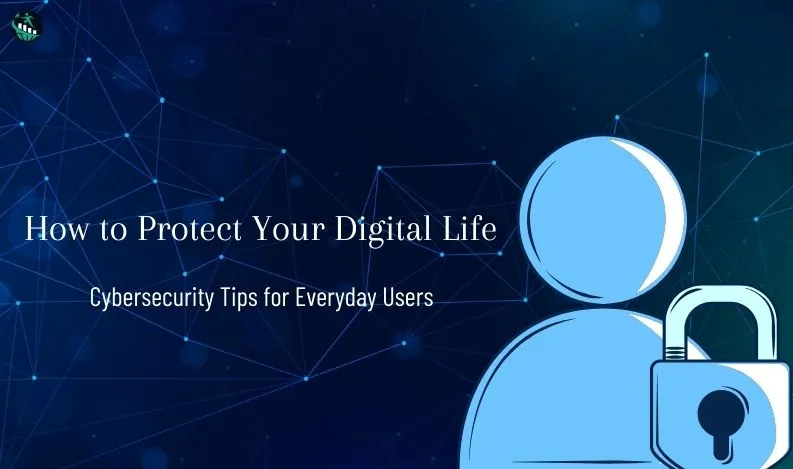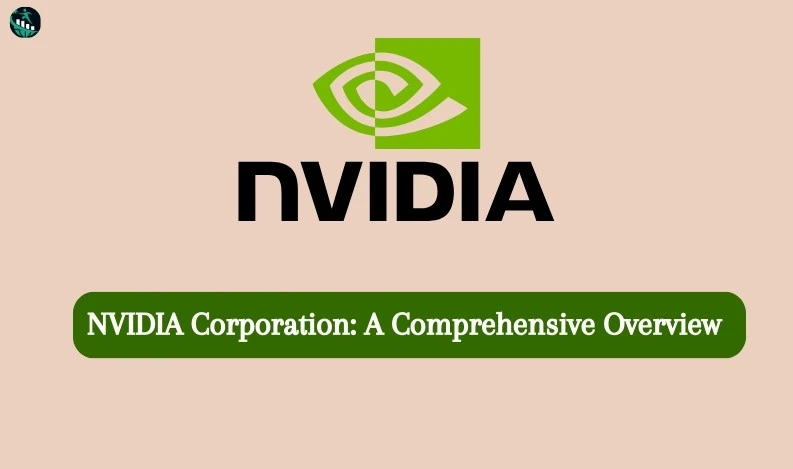
How to Protect Your Digital Life: Cybersecurity Tips for Everyday Users
In our interconnected world, your digital footprint can be as significant as your physical presence, making cybersecurity a crucial aspect of daily life. This blog offers an in-depth look at how to protect yourself against a variety of cyber threats that target personal data.
1. Understand the Basics of Cybersecurity
What is Cybersecurity?
Cybersecurity is the practice of protecting systems, networks, and programs from digital attacks. These cyber attacks are usually aimed at accessing, changing, or destroying sensitive information; extorting money from users; or interrupting normal business processes. Implementing effective cybersecurity measures is challenging today because there are more devices than people, and attackers are becoming more innovative.
Why is it Important?
As digital presence grows, so does the potential for cyber threats. Personal data, such as social security numbers, financial data, and personal emails, have immense value. A breach of this information can lead to serious personal and financial consequences. Effective cybersecurity measures help protect the integrity and privacy of this data, ensuring peace of mind and the safety of personal and financial health.
2. Secure Your Passwords
The Role of Strong Passwords
A strong password acts as the first, and often best, line of defense against hackers and cyber attackers. A robust password should be long, unique, and include a mix of characters (uppercase, lowercase, numbers, and symbols). The more complex your password, the harder it is for an attacker to crack it through brute force or guesswork.
Password Management Tools
With the multitude of accounts most users manage, remembering every password can be daunting. Password managers encrypt your password database with a master password – the master password is the only one you need to remember. Some reputable password managers include LastPass, Dashlane, and 1Password, which can generate, retrieve, and store complex passwords across all your devices securely.
3. Update Your Software Regularly
Keeping Software Up-to-Date
Software developers frequently update their applications to fix bugs and address security vulnerabilities. Regular software updates ensure that your systems are protected against known vulnerabilities and exploits that attackers might use to gain access to your system. This applies to operating systems, applications, plugins, and even your favorite web browser.
Automated Updates
Many software programs offer the option to automate these updates so that they occur in the background without manual setup. Enabling automatic updates not only simplifies the maintenance of your software but also ensures that your defenses are as current as possible against potential cyber threats.
4. Be Wary of Phishing Attacks
Identifying Phishing
Phishing is a common type of cyber attack where attackers disguise themselves as a trustworthy entity in an attempt to steal sensitive information like credit card numbers or login information. These emails and messages often look legitimate and can be very convincing, urging you to act quickly, usually by clicking on a link or opening an attachment.
How to Protect Yourself
Always verify the authenticity of the request through direct, independent communication with the purported source. Never click on links or download attachments from unsolicited emails or messages. Be particularly wary of emails or messages that solicit personal information or financial transactions, even if they seem to come from a legitimate source.
5. Use Multi-Factor Authentication
What is Multi-Factor Authentication?
Multi-factor authentication (MFA) enhances security by requiring multiple forms of verification to prove your identity when logging into a platform. This typically involves something you know (a password), something you have (a smartphone app or security token), and something you are (biometrics such as fingerprints or facial recognition).
Implementing MFA
Most major online platforms now offer some form of MFA, and enabling it adds a significant barrier to unauthorized access. Even if a hacker manages to steal your password, the presence of a second verification factor can prevent them from accessing your account.
6. Secure Your Home Network
Protecting Your Wi-Fi
Securing your home network starts with your Wi-Fi's basic settings. Change the default network name and password to something unique and hard to guess. Enable the highest level of encryption available (preferably WPA3) to protect your wireless traffic. Manage the connectivity of IoT devices on your network carefully, as they can be easy targets for attackers.
Use a VPN
A VPN, or Virtual Private Network, secures your internet browsing by encrypting your data and masking your IP address. This encryption helps protect your data from interceptors. When using public Wi-Fi, a VPN is essential to maintain the privacy and security of your online activities.
7. Backup Your Data Regularly
Importance of Data Backups
Regular data backups are a critical safety net in managing data loss. Backups help you recover from data corruption or loss resulting from hardware failures, hacking incidents, or even simple human error. By maintaining regular backups, you can restore your information to the last known good configuration and continue operations with minimal disruption.
Automating Backups
Automated backup solutions ensure that your data is backed up at regular intervals without requiring manual intervention. You can use cloud-based services or external hard drives as backup solutions, but ensure they are secure and encrypted.
Conclusion
Maintaining robust cybersecurity practices is essential for protecting your digital life. By implementing strong passwords, keeping your software updated, being vigilant against phishing, using multi-factor authentication, securing your home network, and regularly backing up your data, you can significantly reduce your vulnerability to cyber threats. Stay informed, stay secure, and protect your digital presence.
Also Read:-








Recent Comments: